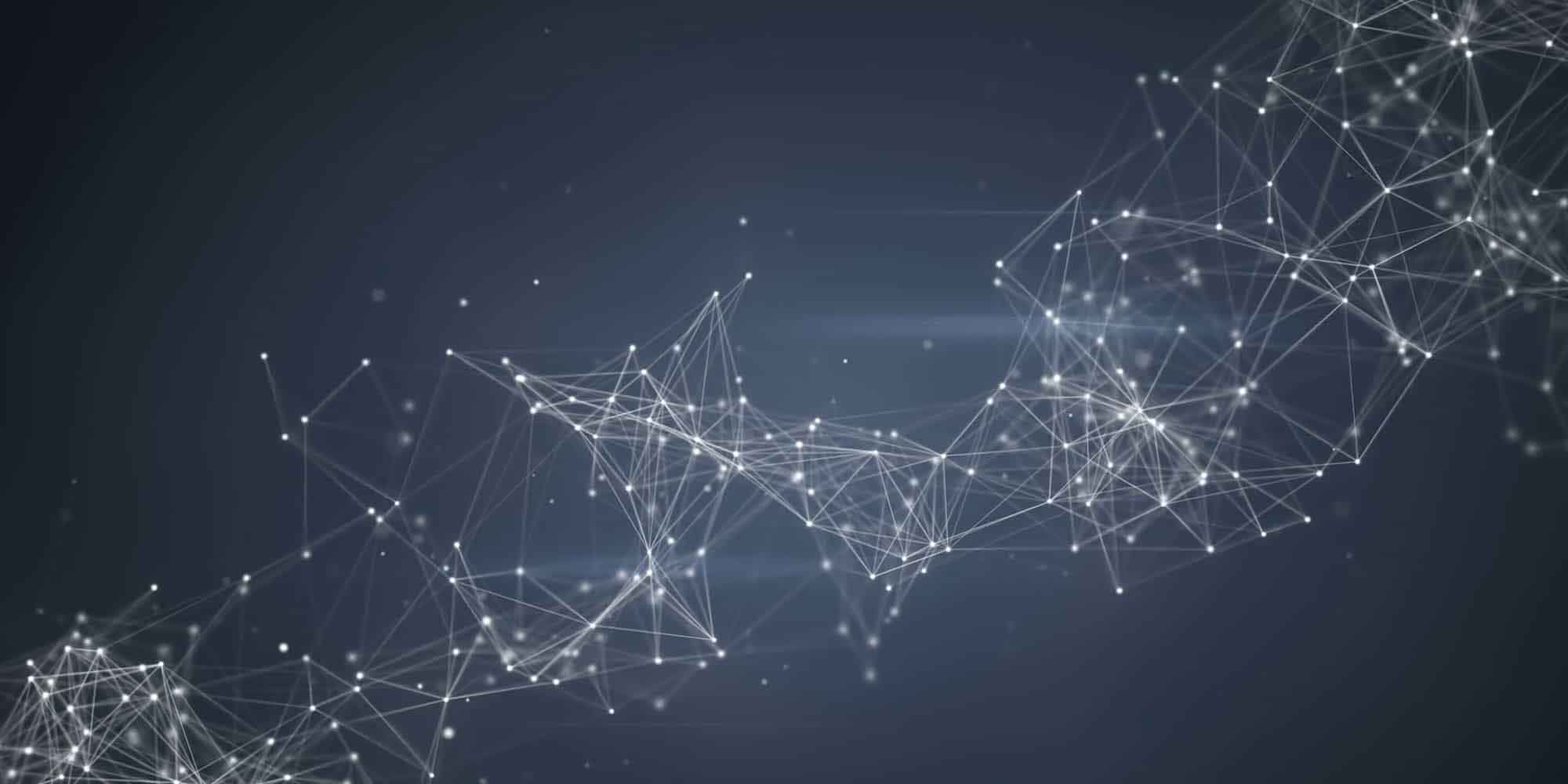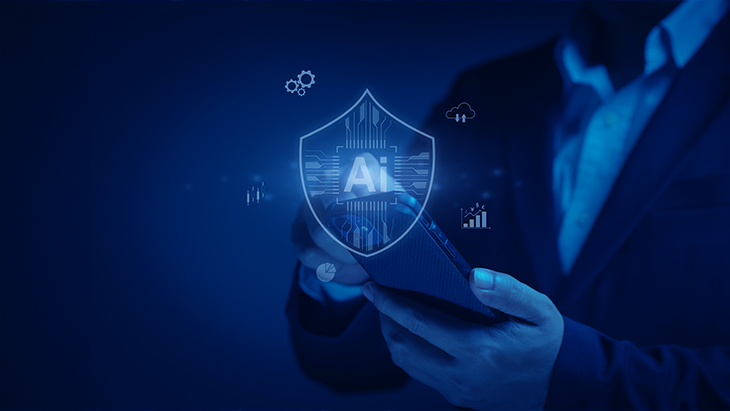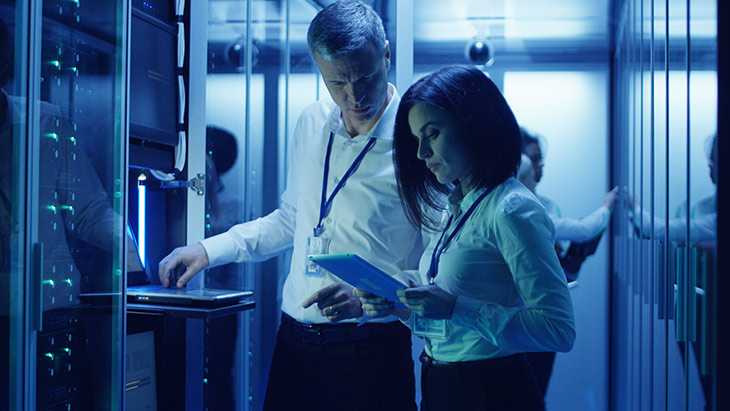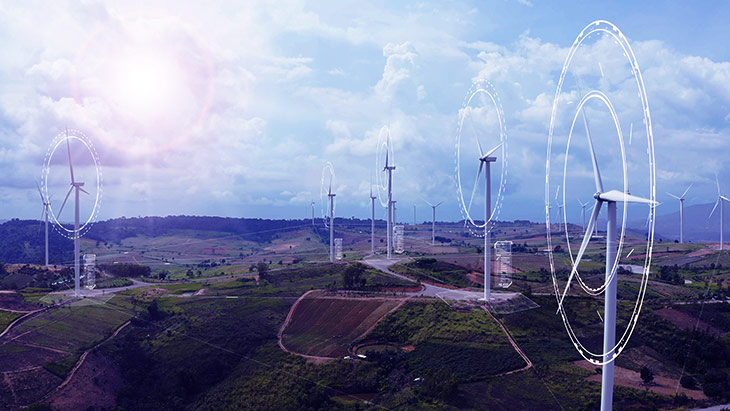
Cybersecurity in the Energy Sector
Digitalization has significantly transformed all areas of life in the 21st century, and the energy sector has also gotten its share from this change. Digital transformation has become an important variable, and it brings with it threats of cyberattacks. Digital threats can lead to various data breaches, which makes taking cybersecurity measures a must. Institutions in the energy sector need to take precautions regarding access security to prevent economic loss and reputation damage.
Why is the Energy Sector Vulnerable?
Lets address why the energy sector is so vulnerable in terms of cybersecurity before examining in detail the precautions that institutions in this sector need to take in order to ensure data security.
The kinds of cyberattacks most frequently aimed at electricity, oil, and petroleum companies, central players of the energy sector, include threats such as ransomware, data theft, and bill fraud. These threats are not exclusive to the energy sector and affect companies in other sectors as well. However, the impact of the cyber threats the energy sector struggles will negatively affect public services at large, making these threats very critical.
Indeed, this fact is why the energy sector is largely vulnerable. Cybercriminals targeting the energy sector with the goal of financial gain, can shut down infrastructure services and will attack not only IT networks but even gas company's pipeline operations. In fact, it is easier for cybercriminals to target physical components rather than networks. The complex organizational structures of the institutions in the energy sector, and the fact that the extensive geographical distance to the physical components hinders quick precautionary action, make the energy sector defenseless against cyber threats.
Recently, developments in the United States of America revealed the vulnerabilities of the energy sector to such threats, and why it’s critical to take security measures against cyber threats. On May 7, 2021, American Colonial Pipeline was subjected to a ransomware attack. Also, according to a statement by the United States Department of Homeland Security, a cyberattack in February 2020 rendered a natural gas compressor plant inoperable for two days.
As it’s made clear by these instances, ransomware attacks are such an important problem that they can inflict long-term losses on the energy sector and society at large.
ISO 27001 and Common Myths
In order to avoid cyberattacks such as the ones mentioned above, the energy sector is bound to take some precautions. However, both poor implementation of the regulations and common misconceptions prevent the energy sector from being successfully protected against data breaches.
The fundamental cybersecurity regulation related to the energy sector in Turkey is ISO 27001. This regulation entered into effect in 2014 after being published in the Official Gazette, and stipulates that companies in the energy sector are required to establish an IT management system in line with the ISO standards. Compliant companies are entitled to receive the ISO 27001 certificate. However, this is not enough by itself in establishing complete protection against cyber threats. In addition to ISO 27001, different cybersecurity solutions should be taken into consideration as well.
In addition, misconceptions about cybersecurity and Operational Technology (OT) in the energy sector also expose energy companies to these threats. For example, it has been always claimed that air-gapping is one of the best ways to ensure security in OT systems. However, today, cyber attackers can easily infiltrate air-gapped networks using laptops and USB devices. Another relevant myth is that firewalls will protect your company from all kinds of threats. It is worth noting that it is not possible for a standalone firewall to provide outstanding protection.
Privileged Access Management (PAM)
Privileged Access Management (PAM) is one of the best ways to eliminate cybersecurity threats against data and access security in the energy sector.
Providing secure remote access for IoT devices and third parties, Kron’s PAM solution, Single Connect, helps to monitor and control the access and activities of all privileged accounts. Single Connect implements automatic password checks and enables the storage of all credentials, including passwords, in encrypted vaults. All these features are made possible thanks to the advanced modules included:
- Privileged Session Manager: Allowing the monitoring of all privileged accounts on the network, PSM makes it easier to organize workflows by assigning authorized access. This module works in line with the "Principle of Least Privilege".
- Dynamic Password Controller: This module, which has a password vault feature, enables the storing of all passwords and credentials of privileged accounts in password vaults, isolated from the public network.
- Database Access Manager: This module enables the recording of every single activity in the system. Thus, an activity cannot be carried out a second time in the system. This enables the detection of possible cyberattacks. In this module module, dynamic data masking is used for data entry and access.
One of the best solutions for protecting critical energy infrastructures, Privileged Access Management performs the functions of monitoring, protection, and control perfectly. With our PAM product Single Connect, we provide an extensive cybersecurity solution that addresses the concerns of energy companies regarding data and access security.
You can contact us for detailed information about Single Connect, which has been proven to be one of the best PAM solutions globally by being recognized in the 2021 Gartner Magic Quadrant for PAM report.
Other Blogs
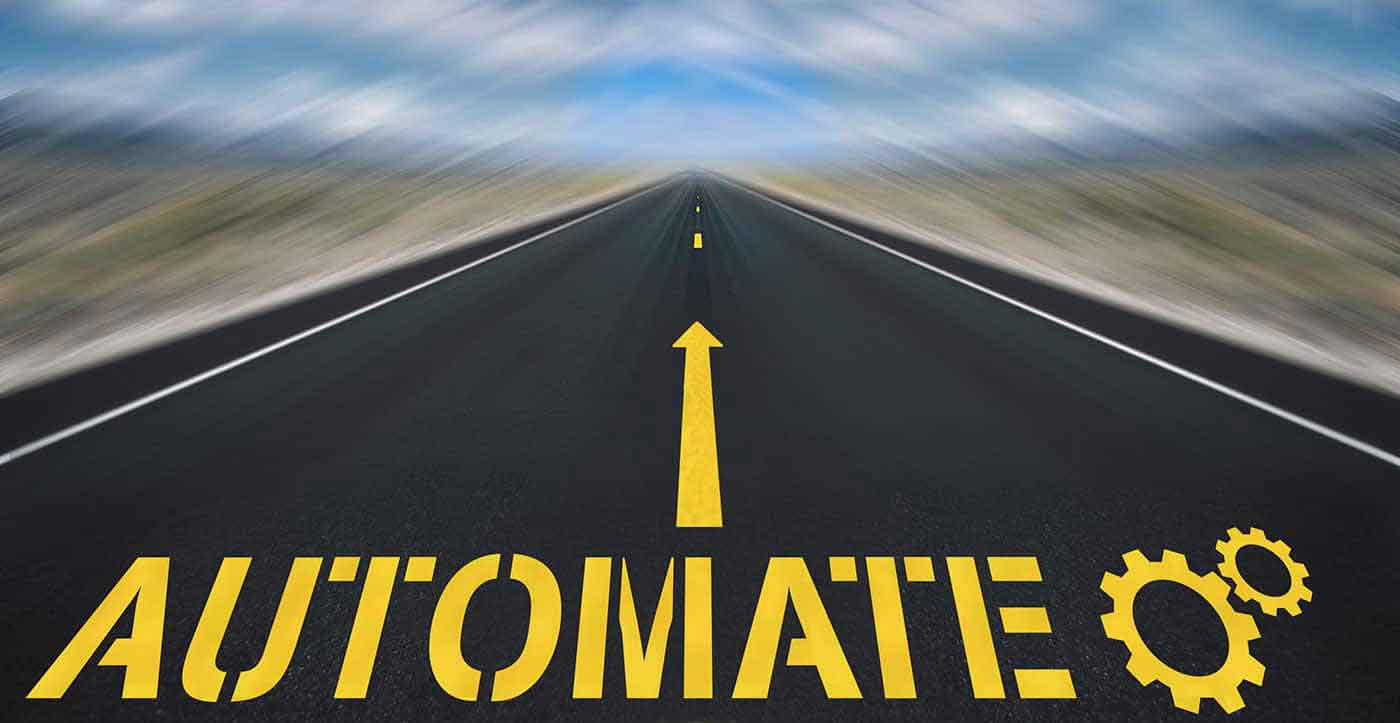
A New Level of Granularity for Access Management: Privileged Task Automation
